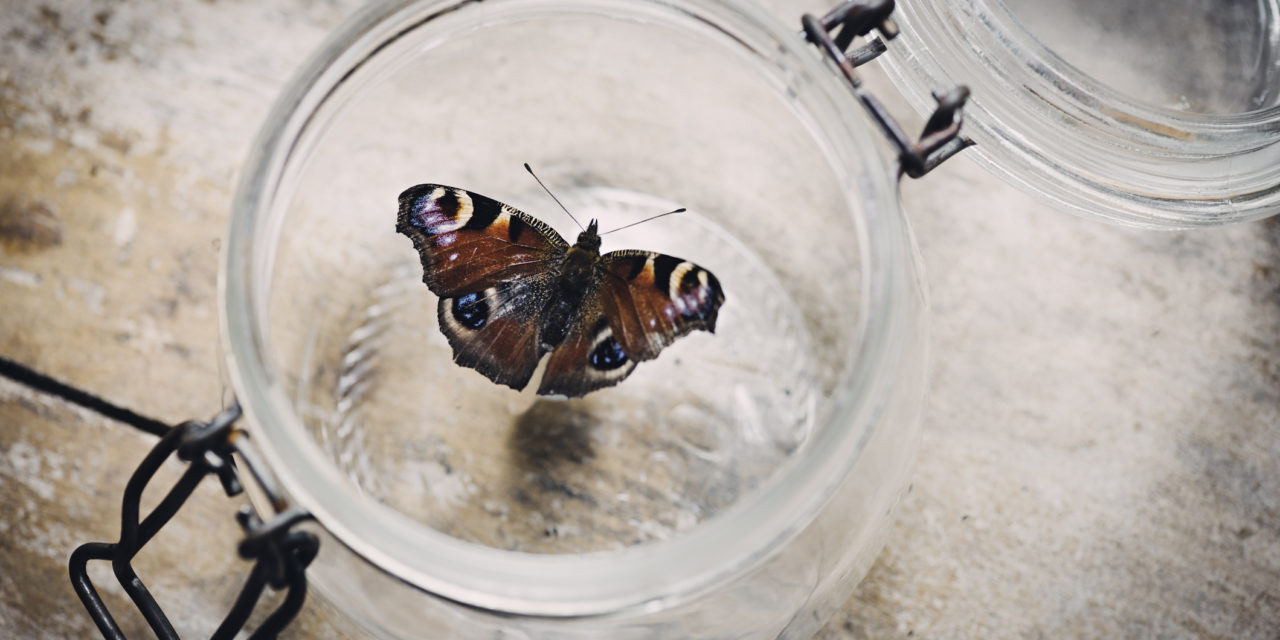No one wins until we all win.
No systemic problem has ever been resolved by the same level of consciousness that caused it. It’s 2020, and America’s biggest sin is still being discussed but now by a larger population of people, although it makes many uncomfortable. Here’s the question: Why is racism viewed as such an uncomfortable conversation? We all should find comfort in wanting to make the world a better place, or do we all share that commonality? None of us truly wins until we all win!
What is racism, really? The word is thrown around all the time today by Black and white people alike.
Racism Definition
Let’s start by examining the most basic definition of racism—the dictionary meaning. According to the American Heritage College Dictionary, racism has two meanings. This resource first defines racism as “the belief that race accounts for differences in human character or ability and that a particular race is superior to others” also as “discrimination or prejudice based on race.”
Examples of the first definition abound throughout history. When enslavement was practiced in the United States, Black people were not only considered inferior to white people; they were also regarded as property instead of human beings. During the 1787 Philadelphia Convention, it was agreed that enslaved individuals were to be considered three-fifths people for purposes of taxation and representation. Generally speaking, during the era of enslavement, Black people were deemed intellectually inferior to whites. This notion persists in pockets of modern-day America.
Is America genuinely interested in defeating racism and inequality? If so, I hope the reading of this article resonates in your soul and humanizes your thoughts, actions and reactions as it relates to the role you play in helping our country defeat its biggest sin.
The Butterfly Analogy
Imagine a butterfly flying freely around the world and enjoying all life has to offer. Suddenly, strategically and systematically, this once-free butterfly finds itself trapped in a closed jar without ventilation or any means of survival. With each attempt to escape, the butterfly encounters a dead end. When the oxygen is depleted, this once-free butterfly takes its final breath before dying in the jar.
Here are the sad correlation and reality about racism and that once-free butterfly’s life that had great potential. Countless people saw the butterfly trapped in the jar. Many stopped and looked, but the butterfly stayed stuck because they all decided it wasn’t their responsibility to free the butterfly.
The history of racism and discrimination in our nation is an unquestioned fact, and we must face that as a society if we are to become a stronger country. Learning about this past and its impact on our present is key to moving toward a society that embraces and upholds diversity, equity and inclusion in everything we do.
The Farmers Story
Scrolling my Facebook feed, I came across this powerful story. It was so good that I wanted to verify its validity but was unable to do so. The moral value and kind act of humanity represent the actions of a champion.
So, if you’ll indulge me by reading on, this is the story of Aaron Avner, a farmer and a champion.
There was a farmer who grew excellent quality corn. Every year, he won the award for the best grown corn. One year a newspaper reporter interviewed him and learned something interesting about how he grew it. The reporter discovered that the farmer shared his seed corn with his neighbors. “How can you afford to share your best seed corn with your neighbors when they are entering corn in competition with yours each year?” the reporter asked.
“Why, sir,” said the farmer, “Didn’t you know? The wind picks up pollen from the ripening corn and swirls it from field to field. If my neighbors grow inferior corn, cross-pollination will steadily degrade the quality of my corn. If I am to grow good corn, I must help my neighbors grow good corn.”
So it is with our lives. Those who want to live meaningfully and well must help enrich others’ lives, for the value of a life is measured by the lives it touches. Those who choose to be happy must help others find happiness, for each’s welfare is bound up with the welfare of all.
The farmer opened the jar.
The fact is, none of us truly wins until we all win!
And let me be clear: This is not a race for Black America. We are not asking anyone to take up a “Black cause.” At long last, we seem to be realizing that systemic racism is not a Black problem after all; it is a humanity problem from which we all suffer. America is better when all Americans thrive and when all citizens have the same access to the promise of life, liberty and the pursuit of happiness.
Today, more than ever, we need impactful leaders who empower others to reach heights they never thought possible. We need our leaders to expand their capabilities, move outside of the transactional space and venture into a transformational space that focuses on actionable solutions and opportunities for all people to achieve what Dr. Martin Luther King Jr.’s famous “I Have a Dream” speech unequivocally outlined on August 28, 1963.
I greatly anticipate the day when freedom and justice for all rings true in every corner, crack and crevice of our beloved republic. To reach that blessed end, we must all – and I do mean all – be willing to open the jar and free the butterfly.
America has made noteworthy progress in trying to right this historic wrong. But we still have an imbalanced number of Blacks trapped in jars without ventilation and screaming, “I can’t breathe!” We need all Americans to place humanity as their top priority and be willing to open the jar.
What are You Willing to Do?
Knowing is half the battle. The other half of the battle is being the change you wish to see.
Butterflies have the best chance of survival if you set them free. My goal in writing this article is straightforward and simple: I desire to live in a just and equal society. For that to happen, we all have to be willing to open the jar and free the butterfly, even if it’s not your jar. It’s the humane thing to do!
____________
I first revealed the butterfly analogy when I was questioned by my co-host Dan Kolko on the Mid-Atlantic Sports Network (MASN) Nats Xtra Post Game Show. Watch the video below!


 CLICK HERE
CLICK HERE